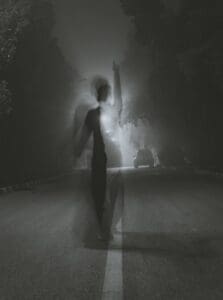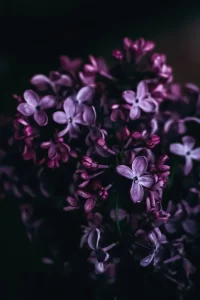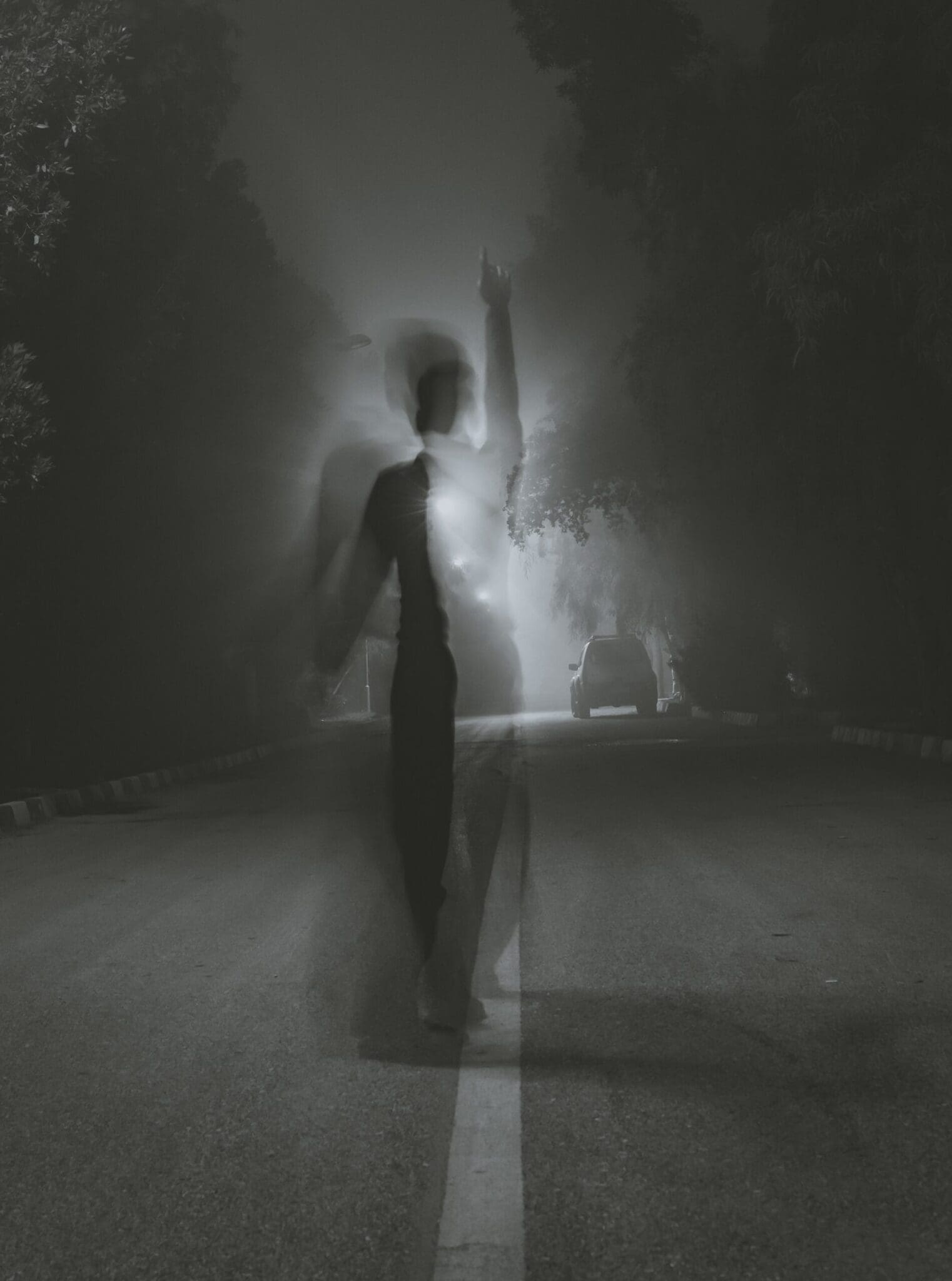Dark Night of the Soul
 The Dark Night of the Soul is a metaphor for night or darkness. However, the similarities between the different ways this archetype have been used are much deeper than just a sense of darkness.
The Dark Night of the Soul is a metaphor for night or darkness. However, the similarities between the different ways this archetype have been used are much deeper than just a sense of darkness.
To understand what the Dark Night of the Soul means as an archetype, it might help to start with one of the earliest written records of it. This story is in the tradition of the classical epic in the literature of the Western world. The phrase “the descent into hell” is a figure of speech that is often used to describe the epic.
Jung said that the “Shadow” is the “innate collective tendency that we reject for ethical, aesthetic, or other reasons and try to hide because it goes against our awareness and principles.” In other words, the “Shadow” side of us is made up of all the parts of us that are dark, unclear, and often scary because they go against the limit’s ethics, faith, or social awareness.
This Dark Night is made up of two major parts. The first night is for people who are new to the spiritual life, and it involves actively cleansing out the physical part of the soul. The second night is an experience for people who have already started living a spiritual life. It leads to a thorough cleansing of the Soul so that they can get closer to the state of union with their Highest Self and Divinity.
 In the Dark Night of Soul, this knowledge of oneself helps the Soul become more respectful and humbler as it tries to unite with Divinity.
In the Dark Night of Soul, this knowledge of oneself helps the Soul become more respectful and humbler as it tries to unite with Divinity.
As you become more aware of how you want to shape your life and contact your core or true self, it helps to know what you do not want or enjoy, what frustrates you, and what does not make you happy. This helps you figure out what you do want and how much you are willing to pay for it.
Trials, challenges, and frustration may be part of the difficult soul work, and once you realise this, you have a power that can change your attitude or your circumstances.
 Thomas Moore wrote the book ‘Dark Night of the Soul said, ‘the chief malady in our time is sleeping soul sickness.’ As we are being our soul journey, we are engaged in spiritual pursuits spending much of our time praising the light yet often do not know how to help those who are out of touch with their souls or who feel their souls may be asleep.
Thomas Moore wrote the book ‘Dark Night of the Soul said, ‘the chief malady in our time is sleeping soul sickness.’ As we are being our soul journey, we are engaged in spiritual pursuits spending much of our time praising the light yet often do not know how to help those who are out of touch with their souls or who feel their souls may be asleep.
If your Soul is sleeping or you have stopped thinking about things that matter to your Soul, you may be having a Dark Night of the Soul.
As with depression, the Dark Night of the Soul can make people afraid of the dark. If you are depressed or having a “Dark Night of the Soul,” you need to figure out how to get out of it. You need to know why you are going through such an experience. Depression makes it feel like you have lost all momentum, but even though the pace is steady, it can still be seen as a journey.
 Depression can be seen as the “Dark Night of the Soul” and is a journey, and it will usually work its way through the dark hours or dark cycles to the light in its own time. If you are going through something like this, it is important to make it to the point where a new day begins.
Depression can be seen as the “Dark Night of the Soul” and is a journey, and it will usually work its way through the dark hours or dark cycles to the light in its own time. If you are going through something like this, it is important to make it to the point where a new day begins.
Part of collaborating with your Soul is learning to be true to who you really are. Getting sick and having “Dark Nights of the Soul” make us pay attention. Illness and dark soul nights come from within us at times when it may be important for us to wake up from sleep and illusion into a knowledge of creativity to shape our lives and know that this is true Soul work.
 In a Dark Night of the Soul, we may often have strange or even frigtening dreams. Our conditioning makes us blind to the presence of our Souls and to any sense of purpose, but your Soul will always keeps you in mind. As a result, we can become aware of our capacity to get rid ourselve of these obstacles and learn how to live life in a much more meaningful, fulfiling and satisfying life. Then, only too, can we wake up to the idea that we are working with our Souls, and that our Souls are helping us reach our highest purpose.
In a Dark Night of the Soul, we may often have strange or even frigtening dreams. Our conditioning makes us blind to the presence of our Souls and to any sense of purpose, but your Soul will always keeps you in mind. As a result, we can become aware of our capacity to get rid ourselve of these obstacles and learn how to live life in a much more meaningful, fulfiling and satisfying life. Then, only too, can we wake up to the idea that we are working with our Souls, and that our Souls are helping us reach our highest purpose.
So, in a dark night of the Soul, where is your Soul? Dante, in this Inferno described it as follows:
“In the middle of our life journey, I found myself in a dark wood. (“I Found Myself in a Dark Wood – The New York Times”) I had wandered from the straight path. It is not easy to take about it: It was such a thick, wall and rough forest when I think of it my fear returns…I cannot offer any good explanation for how I entered it. I was so sleepy at that point I strayed from the right path.”
 After even a small crisis, you should take a good look at your life and decide to make some changes to your attitude or your situation. When you think about the price you may be paying in terms of meaning to keep certain values or ways of life, you may start to wonder if you are in danger of denying yourself true happiness for standards that are less meaningful. You may need to re-evaluate your values and quality of life on a regular basis to make changes to your usual self so that you can keep your physical, mental, spiritual, and emotional benefits at their best and most balanced.
After even a small crisis, you should take a good look at your life and decide to make some changes to your attitude or your situation. When you think about the price you may be paying in terms of meaning to keep certain values or ways of life, you may start to wonder if you are in danger of denying yourself true happiness for standards that are less meaningful. You may need to re-evaluate your values and quality of life on a regular basis to make changes to your usual self so that you can keep your physical, mental, spiritual, and emotional benefits at their best and most balanced.


